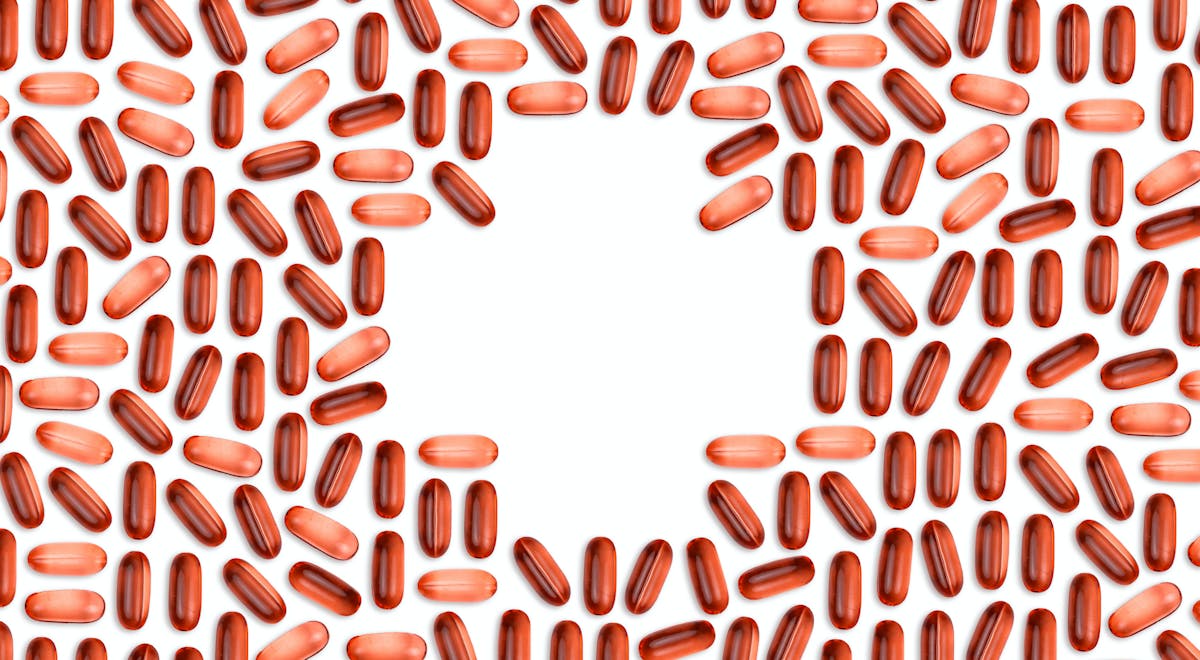Feeling tired or weak? Eat insects.
1 May 2020
3 min read

Vitamins are one of those essential nutritions your body is incapable of producing on its own. The only way to get all the vitamins you need is through a proper diet or an awful diet and a lot of supplements making up for bad choices. One of the most common vitamin deficiencies is that of a lack of Vitamin B12 [1]. Vitamin B12 is crucial for your body as it is important in the production of nerve and blood cells and your DNA. Furthermore, it helps keep your brain healthy and your immune system strong [4]. There is, however, a small difference between Vitamin B12 and many other vitamins: B12 can only found in animal products such as meat, poultry, fish, dairy, eggs and (surprise, surprise) insects!
Regardless of the importance of this vitamin, a deficiency in B12 is far from uncommon. Healthline, for example, states that more than 20% of elderly people may be deficient because the absorption decreases with age [1]. Moreover, since B12 can only be found in animal products, strict vegetarians and vegans are at an ever bigger risk of being deficient. For vegetarians (and thus also vegans) it is therefore recommended to take preventive measures and take B12 supplements [5].
A deficiency in B12 can lead to a wide variety of symptoms that are best avoided:
- The nickname of Vitamin B12 is the energy vitamin, and for good reasons: one of the earliest and best signs of a deficiency is feeling weak and tired.
- As it is an important factor in the creation of red blood cells, people with a lack of it often look pale and have a jaundiced skin.
- You might look like you're having your period as mood swings can occur
- Problems that can occur because of a damaged nerve system are vision loss or troubled vision, muscle weakness, prickling sensations in your hands and feet
10 grams of cricket powder provides the RDA of B12.

So how do you make sure, as either a vegetarian/vegan or someone with a bad diet to get the recommended daily allowance (RDA) of B12? Truthfully, the easiest way to get plenty of this goody is by eating clams or some beef liver. One serving (approximately 85 grams) of each provides you with respectively 3500% or 2900% of your RDA [7]. But let's be fair, we don't want to eat that and there is a better solution: eating some creepy crawlers! The RDA of B12 is 2.4 mcg for an average adult while, for example, 100 grams of cricket powder from Entomofarms contains 24 mcg [6]. By only eating 10 grams of cricket powder a day, thus, you can get sufficient B12 and you have a better impact on the environment compared to eating beef or fish. Now that's a solution we like!
But there is also hope on the horizon for those among us that somehow do not get the adequate amount of B12 on a daily basis and want to stay vegetrian or vegan. A recent study has shown that, in contrast to what was always believed, there is a plant that can take up the vitamin: common garden cress [3]. As further mentioned in the article, showing that plants can also be a potential source of B12 can tackle increasing problems of providing a nutrient-complete diet to the growing population of vegetarians on earth.
- Adda Bjarnadottir. (May 21, 2019). 7 Nutrient Deficiencies That Are Incredibly Common. Accessed February 19, 2020 at: https://www.healthline.com/nutrition/7-common-nutrient-deficiencies
- Harvard School of Public Health. (2008, September 9). Genetic Variants Associated With Vitamin B12. ScienceDaily. Accessed February 20, 2020 from www.sciencedaily.com/releases/2008/09/080908135942.htm
- University of Kent. (May 17, 2018). Vitamin B12 breakthrough for more complete Vegetarian and Vegan diets. ScienceDaily. Accessed February 21, 2020 from www.sciencedaily.com/releases/2018/05/180517113307.htm
- Crain, Esther. (December 12, 2019). 21 Important Facts About Vitamin B12 Deficiency. Accessed February 19, 2020 at: https://www.health.com/nutrition/21-important-facts-about-vitamin-b12-deficiency
- Pawlak, R., Parrott, S. J., Raj, S., Cullum-Dugan, D., & Lucus, D. (2013). How prevalent is vitamin B12 deficiency among vegetarians?. Nutrition reviews, 71 (2), 110-117.
- Goldin, Stacie (2016, Jun 16). Deficient in B12: Are you the 40%? Accessed February 20, 2020 at: https://entomofarms.com/deficient-in-b12/
- National Institutes of Health (2019). Vitamin B12. Accessed February 21, 2020 at: https://ods.od.nih.gov/factsheets/VitaminB12-HealthProfessional/
